KUIL is a dynamic interdisciplinary research group at Kingston University dedicated to advancing the frontiers of AI, robotics, and immersive technologies. Our mission is to develop impactful, ethical, and sustainable intelligent systems that address real-world challenges across industry, healthcare, and society.
Our team leads pioneering work on extended reality (XR) platforms powered by AI and computer vision, creating innovative training and remote maintenance tools for Industry 5.0. These solutions enhance workforce resilience, operational safety, and productivity through immersive, context-aware environments.
In the field of robotics and automation, we develop intelligent systems for complex tasks such as textile sorting and recycling, leveraging deep learning and robotic manipulation, including humanoid robots and agentic AI. Our research contributes to a circular economy and smarter, greener production chains.
KUIL is also at the forefront of Green-AI, designing scalable methods for synthetic data generation, model distillation, and energy-efficient optimisation of large AI models. These innovations support the sustainable deployment of intelligent systems across diverse domains.
Our research extends into search and rescue technologies, where we develop drone-based exploration and real-time XR command centres to assist in crisis response and disaster relief.
In health and wellbeing, we create advanced face analysis methods and AI-enhanced dermatological tools for skin care and melanoma detection, integrating these into XR environments for more accessible and engaging healthcare experiences. We are also exploring XR cognitive and physiotherapy interventions for conditions such as Parkinson's disease.
KUIL thrives on collaboration, blending academic excellence with real-world impact. Through partnerships with industry, healthcare providers, and international research institutions, we aim to shape a more intelligent, inclusive, and sustainable future.

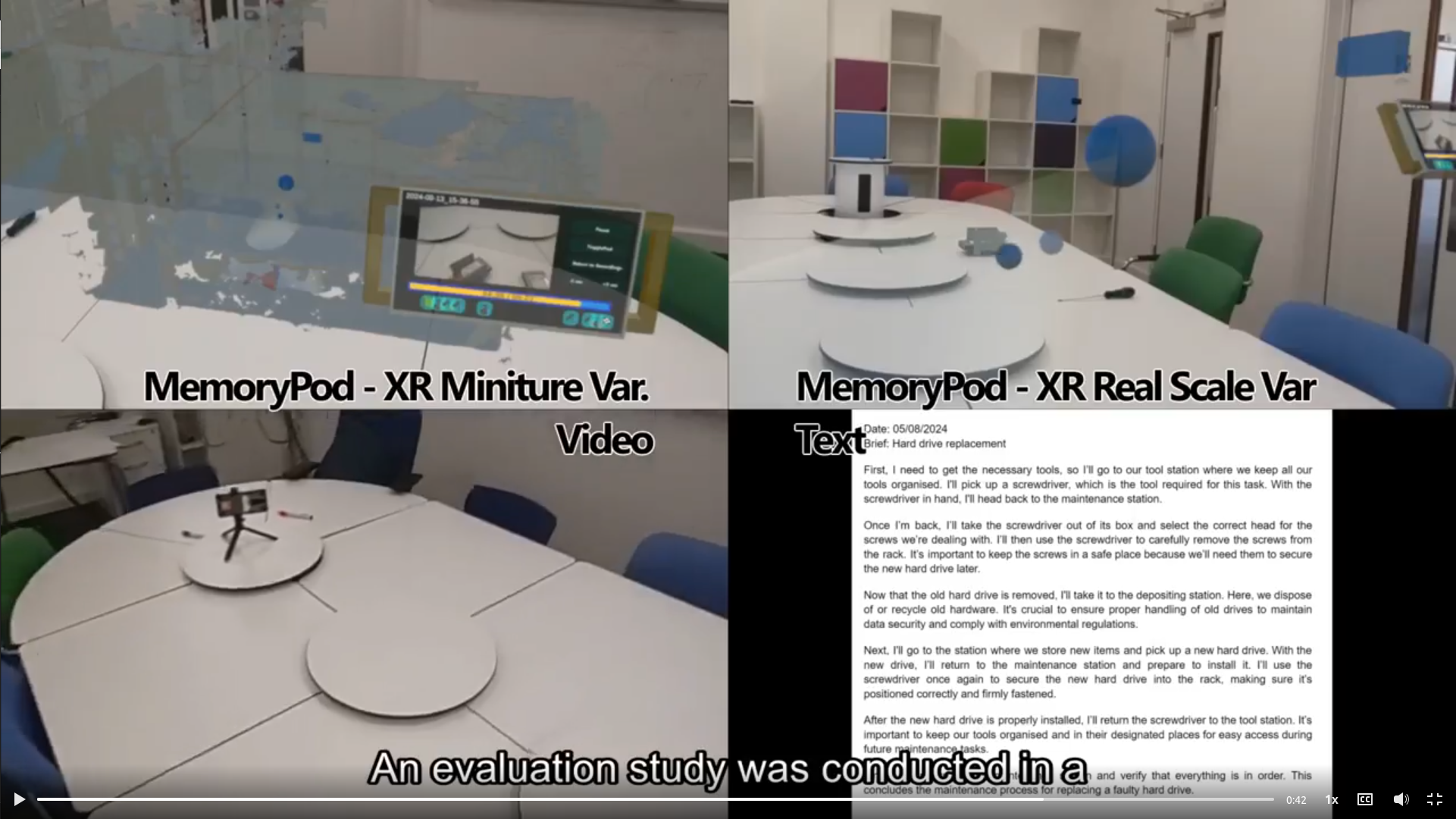
One of the biggest challenges in XR today is Asynchronous interactions. Most systems struggle with contextual replay and navigation, making it difficult for users to engage effectively across different times.
Part of TALON project, in effort of revolutionizing Industry 5.0, research by Dr Akos Nagy, Dr Yannis Spyridis, Dr Gregory Mills, and Prof. Vasilis Argyriou tackles this issue with MemoryPods—a novel system that lets users record, annotate, and replay interactions with both spatial and temporal accuracy.
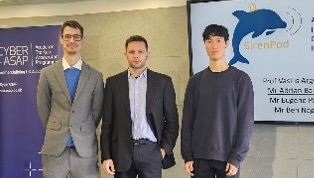
Congratulations to our team Adrian Bandy, Eugene Park, Bence Nagy under the supervision of Prof. Vasileios Argyriou and special thanks to Vlad Li and Akos Nagy, for successfully delivering and presenting our CyberASAP project SirenPod, an innovate AI-enabled honeypot. One of the unexpected highlights was that SirenPod and Kingston University were mentioned by the Minister of AI and Intellectual Property #ViscountCamrose during his opening speech, pointing out the importance of cybersecurity and the collaborations between academia and industry.
During the final event at Level 39, Canary Wharf London, we had the opportunity to meet and speak with many investors aiming to move further with our project. A big thanks to Emma Fadlon and the entire Innovate UK team for this opportunity.
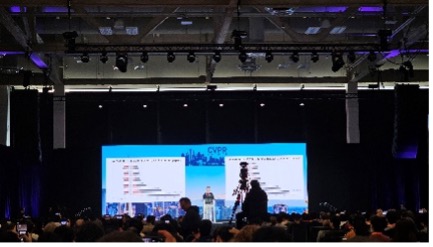
KUIL is proud to announce our successful participation in the prestigious CVPR 2024 conference, held from 17 Jun 2024 – 21 Jun 2024 in Seattle, Washington, United States. Our team Demetris Lappas and Vasileios Argyriou, presented a groundbreaking paper titled Dynamic distinction learning: adaptive pseudo anomalies for video anomaly”, which explores pseudo-anomalies dynamic anomaly weighting and a distinction loss function to improve detection accuracy. The conference, known for showcasing the latest research in computer vision and pattern recognition, provided an incredible platform for sharing our work with the global research community.
Participating in CVPR 2024 offered an invaluable opportunity to connect with leading experts and innovators in the field. Our team attended various sessions, workshops, and keynote speeches, gaining insights into the latest trends and future directions in computer vision and AI. The collaborative environment fostered numerous networking opportunities, allowing us to exchange ideas and establish potential collaborations with other research groups and industry partners.
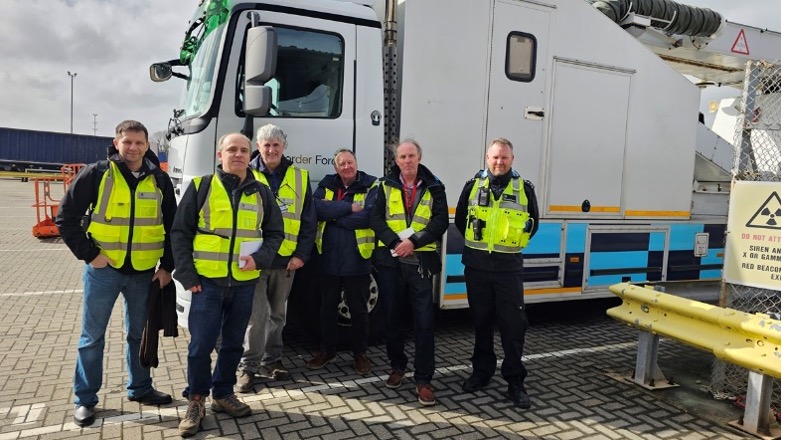
KUIL is pleased to announce the successful completion of a research project in collaboration with Fortinus Global, focusing on enhancing behavioural detection capabilities at Border Force for the Home Office. The project involved comprehensive field visits to various key ports in the UK, including Gatwick Airport, St Pancras International, and Portsmouth Harbour. During these visits, our team worked on innovative solutions and defining technical requirements for behaviour detection using advanced artificial intelligence and computer vision techniques, supported by a variety of sensors.
The main goal of the project was to enhance the security and efficiency of Border Force operations by integrating cutting-edge AI technologies to detect and analyse behavioural patterns. The collaboration brought together expertise from both academia and industry, leveraging Fortinus Global's practical experience and our group's research prowess.
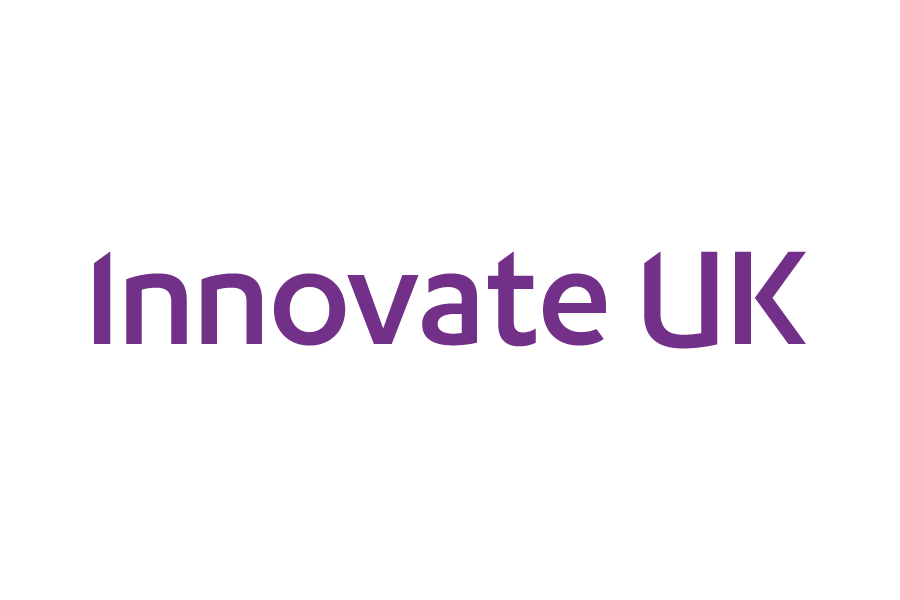
KUIL is excited to announce the kick-off of two InnovateUK projects, ReFibres and Portable-AIFibres, with a combined budget of £3 million. These projects aim to revolutionise the textile recycling industry through the development of an end-to-end system utilising advanced AI, computer vision, and robotics.
ReFibres focuses on creating a comprehensive textile recycling system. Leveraging state-of-the-art AI and computer vision technologies, the system will be capable of handling soft materials with the support of advanced robotics. The goal is to streamline the recycling process, making it more efficient and effective.
Portable-AIFibres aims to develop the world's first portable, plug-and-play recycling system for garments and fabrics. Designed to scan, sort, and segregate tonnes of garment waste each week, this innovative system will address critical inefficiencies in the current garment and fabric recycling processes using cutting-edge AI solutions.
These projects are expected to transform the textile recycling landscape by providing innovative solutions that address the industry's most pressing challenges. The implementation of these systems will not only enhance recycling efficiency but also contribute to reducing the environmental footprint of garment and fabric waste.